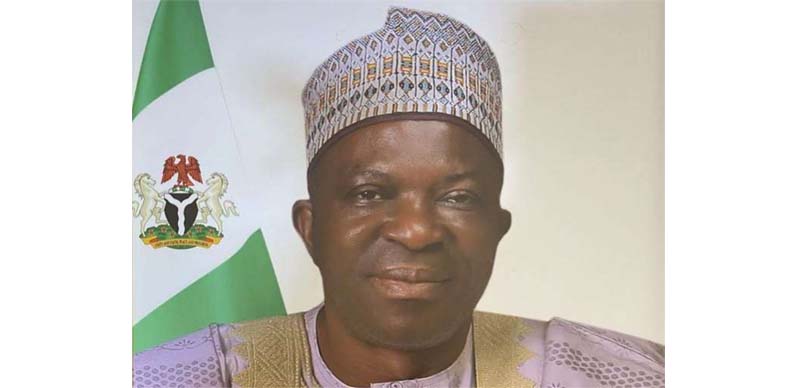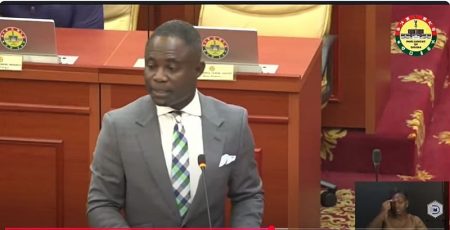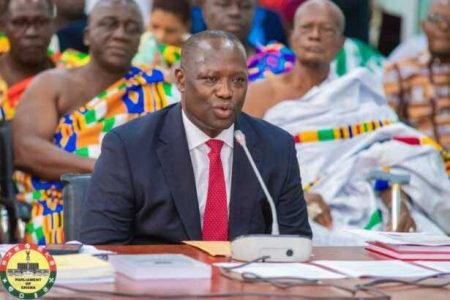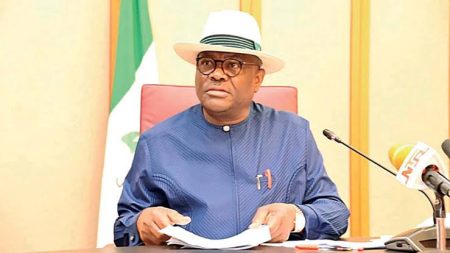The 2025 African Border Day celebration, held in Abuja, served as a clarion call for intensified regional collaboration, urging African nations to transform their international borders from potential sources of conflict into catalysts for peace, economic progress, and integration. The Director General of Nigeria’s National Boundary Commission (NBC), Adamu Adaji, emphasized the necessity of a paradigm shift in how African countries perceive and manage their borders, advocating for a “good fences make good neighbors” approach. He stressed that effective border governance, achieved through synergistic actions, holds the key to converting borders into bridges of unity, prosperity, and peaceful coexistence. This year’s theme, “Building Border Community Resilience and Economic Development through Cross-Border Cooperation,” resonated with the African Union’s broader focus on justice and reparations for Africans and those of African descent.
Adaji highlighted the evolving perception of borders in Africa, noting a transition from viewing them as lines of division and confrontation to recognizing their potential as conduits for cooperation and integration. This shift signals a promising development in the continent’s pursuit of stability and shared prosperity. He underscored the NBC’s multifaceted approach to border management, encompassing demarcation efforts, conflict prevention, and the promotion of equitable resource utilization across borders. Crucially, Adaji emphasized the inclusive nature of these activities, highlighting the active participation of border communities. He stressed that Nigeria has ratified the African Union’s Niamey Convention on Cross-Border Cooperation, a pivotal framework designed to foster peace and development along shared borders, and urged other AU member states to ratify it, enabling the convention to become fully operational.
Nigeria’s commitment to redefining its border relationships was exemplified by Adaji’s description of the country’s ongoing efforts in boundary demarcation, dispute prevention, and the inclusive involvement of border communities. He highlighted the crucial role these communities play in fostering resilience, strengthening social cohesion, and securing territorial borders, all while contributing to the nation’s economic advancement. He underscored the inextricable link between Nigeria’s security and economic well-being and that of its neighboring countries. The NBC’s proactive approach includes hosting cross-border cooperation workshops with neighboring nations to build trust and mitigate tensions. Adaji proposed that future African Border Day celebrations should be utilized as platforms for joint community projects and cross-border programs.
Adaji called for a more integrated and proactive approach to border management, involving governments, agencies, and civil society organizations. He envisioned future African Border Day commemorations as opportunities for border communities to engage in mutually beneficial joint programs and activities. These occasions, he emphasized, should also serve as reminders to governments of the critical challenges along international boundaries and the need for relevant interventions. The African Border Day, established by the AU in 2010, is commemorated annually to raise awareness about the crucial role borders play in the continent’s peace and development agenda. This year’s celebration underscored the increasing recognition of borders not as barriers but as bridges, signifying a paradigm shift in Africa’s approach to regional cooperation and integration.
The call for stronger regional collaboration signifies a growing awareness of the interconnectedness of African nations and the importance of shared responsibility in addressing border-related challenges. By fostering cross-border cooperation, promoting inclusive governance, and prioritizing peaceful resolution mechanisms, African countries can transform their borders into instruments of progress, contributing to both national and continental development goals. The emphasis on community involvement highlights the understanding that sustainable peace and development require the active participation of those most directly affected by border dynamics. This bottom-up approach recognizes the valuable contributions local communities can make to border management and conflict resolution.
The theme of this year’s celebration, focusing on building border community resilience and economic development through cross-border cooperation, reflects the growing understanding that borders are not merely lines on a map but dynamic spaces with the potential to foster both conflict and cooperation. The call for a more integrated and proactive approach to border management signifies a shift away from reactive and fragmented responses towards a more comprehensive and collaborative strategy. This involves engaging all relevant stakeholders, including governments, agencies, and civil society organizations, to ensure a coordinated and effective approach to border management. The proposal to utilize future African Border Day celebrations as platforms for joint community projects and cross-border programs underscores the commitment to translating rhetoric into action. By fostering practical collaboration and people-to-people exchanges, these initiatives can contribute to building trust and promoting shared prosperity across borders.














